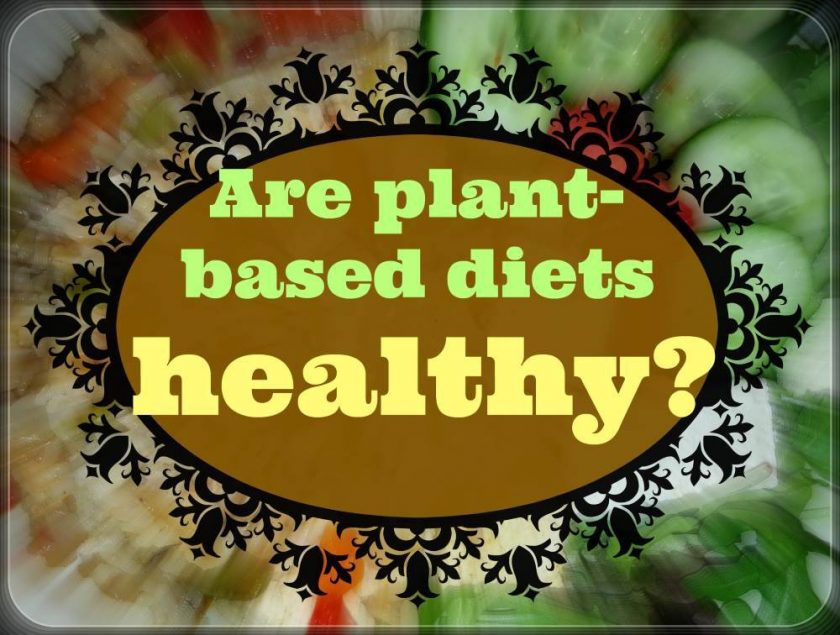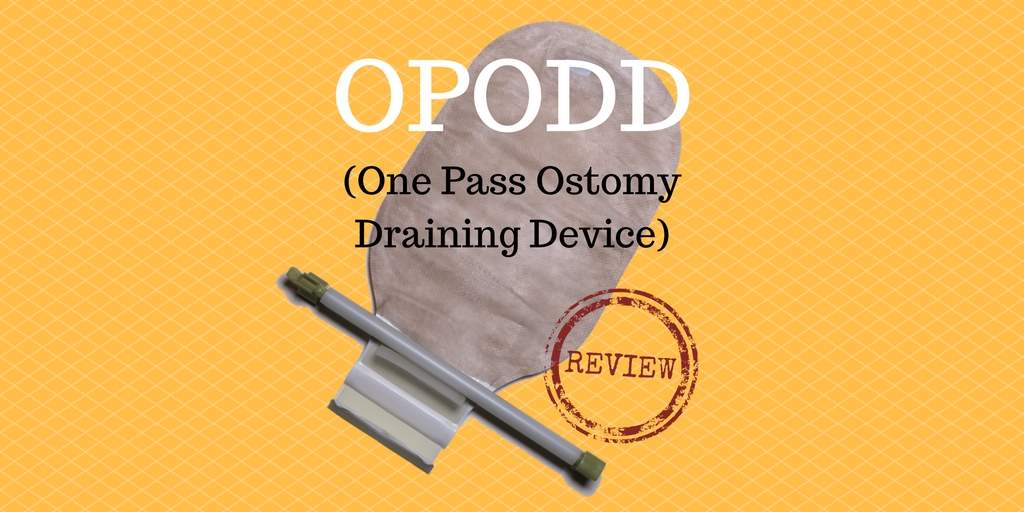When I went vegan in 2000, health wasn’t one of the reasons why I made the decision to stop eating animals, but it’s become more of a motivating factor over the years.
Since being diagnosed with Crohn’s Disease in 2008, my diet has changed dramatically from a “junk food vegan” to a more whole-food approach. It includes more and more of the foods that research has been showing to offer positive health benefits to humans.
Foods like soy, whole grains, legumes, dark leafy greens and a variety of fruits and vegetables are the staples in my diet. Add in a few key nutrients like vitamin B12, vitamin D and DHA (partly because of Crohn’s and partly because I don’t eat many fortified foods) and you’ve got a diet that science has been found to offer disease prevention, longevity and long-term health benefits.
Vegan diets, for one reason or another, are always assumed to be lacking in protein, calcium or iron, but I think it’s important to understand that any diet that isn’t appropriately planned will be doomed to fail, which is why I think it’s awesome that there are so many resources out there to help anyone get started on a well-planned, healthy, plant-based diet regardless of age, gender or circumstances.
There are nutritionally balanced meal plans that are easy to follow and delicious; I list several of the resources which offer these plans on my Vegan Resources page.
As more of the scientific literature validates the benefits of plant-based diets, high-profile charities, hospitals, universities, government policy groups, and even health insurance companies are showing their support or even recommending plant-based diets.
This is exciting to see, and even more so because it’s happening in a world dominated by industry lobbyist groups pushing for animal products to be in every facet of our lives.
Below you’ll find a (short list) of organizations and health agencies that support plant-based diets.
Feel free to share this with anyone who has doubts over the nutritional adequacy of a plant-based (vegan) diet.
The Cleveland Clinic (one of the top GI and IBD hospitals in the USA) says:
“There really are no disadvantages to a herbivorous diet! A plant-based diet has many health benefits, including lowering the risk for heart disease, hypertension, Type 2 diabetes, and cancer. It can also help lower cholesterol and blood pressure levels, plus maintain weight and bone health….” and “…If a vegetarian diet is well-planned and balanced, it can be just as nutritious, if not more beneficial to health, than a traditional diet.” SOURCE
The USDA states that:
“Vegetarian diets can meet all the recommendations for nutrients.” SOURCE
The University of Pennsylvania Health System writes that:
“A well-planned vegetarian diet can give you good nutrition. A vegetarian diet often helps you have better health. ” SOURCE (Resource moved after site change; cached page)
The Mayo Clinic (another top GI and IBD hospital) says:
“A well-planned vegetarian diet can meet the needs of people of all ages, including children, teenagers, and pregnant or breastfeeding women. ” SOURCE
Kaiser Permanente (a huge health insurance provider in the US) says:
“Physicians should consider recommending a plant-based diet to all their patients” SOURCE
The American Diabetes Association says:
“A vegetarian diet is a healthy option, even if you have diabetes. Research supports that following this type of diet can help prevent and manage diabetes. ” SOURCE
The Dietitians of Canada state that:
“A healthy vegan diet has many health benefits including lower rates of obesity, heart disease, high blood pressure, high blood cholesterol, type 2 diabetes and certain types of cancer.” SOURCE
The British Dietetic Association says this:
“Well planned vegetarian diets can be both nutritious and healthy. They have been associated with lower risks of heart disease, type 2 diabetes, obesity, certain types of cancer and lower blood cholesterol levels.” SOURCE
The Dietitians Association of Australia says that:
“…with good planning it is still possible to obtain all the nutrients required for good health on a vegan diet.” SOURCE
The Canadian Heart and Stroke Foundation says:
“Vegetarian diets can provide all the nutrients you need at any age, as well as some additional health benefits.” SOURCE
The FAO (Food and Agriculture Organization of the United Nations) states:
“…it is clear that meat is not essential in the diet, as witness the large number of vegetarians who have a nutritionally adequate diet…” SOURCE
The Academy of Nutrition and Dietetics (formerly the American Dietetics Association) states:
“… appropriately planned vegetarian diets, including total vegetarian or vegan diets, are healthful, nutritionally adequate, and may provide health benefits in the prevention and treatment of certain diseases. Well-planned vegetarian diets are appropriate for individuals during all stages of the life cycle, including pregnancy, lactation, infancy, childhood, and adolescence, and for athletes.” SOURCE (updated Dec 2016)
The National Institutes of Health (via MedlinePlus) states:
“People who follow vegetarian diets can get all the nutrients they need.” SOURCE
The American Heart Association states:
“Vegetarian diets can be healthful and nutritionally sound if they’re carefully planned to include essential nutrients.” SOURCE
The National Health Service (NHS) states: “With good planning and an understanding of what makes up a healthy, balanced vegan diet, you can get all the nutrients your body needs.” SOURCE
Question: Know of any other groups that I should add to the list?





IleosTony…thank you Tony. I will do my best to keep you up to date. For now, this is the easiest thing I am able to do and I can do it laying down. Twenty two hundred calories, vitamins and minerals thru a pic-line sounds deliciously fattening right now. Never thought I would say that again. I have to wonder sometimes what the whole purpose of all this is? I have been rendered somewhat useless.
Thankyou Dona, Unfortunately, there are no pills or anything they can do to turn the guts back on to absorbing whats needed. I see the Gastroguy again soon to see if they can find if its the guts leaking blood or not. No obvious evidence so far. After two years of fighting the last round of malabsorption and my 13 months in Hospital. Blood work, IV’s collapsing, Pic lines replaced, blood thinner pokes twice a day, BP taken more times then you can imagine. Six or seven surgeries and one whopping case of peritonitis leaving the incision area too infected to sew shut. I woke up several times to the crash cart against my bed and nurses watching me sleep. Six hours away from my family, it was a real trial determination and is proving to be again. There are certain aspects of this I have grown very weary of. Ooo, I beat the grey bar, to the right, to the finish this time. Sorry for the above long post.
Thank you @dona and @VeganOstomy for so kindly sharing this great information. Linda, I am so sorry you’re going through all that. Please let us know, if you will, how things develop for you. I will be thinking of you as well.
Linda,Good luck with the upcoming CAT scan. At least we now have all these non invasive tests to help with diagnosis. I hope they find whats wrong and its an easy fix. I’ll be thinking of you.